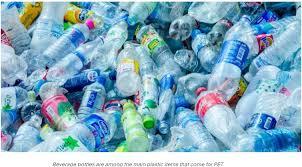

THE HUMAN-PLASTIC CRISIS IN GHANA
By: Banujah Theivendrarajah
Module 2: Plastic Pollution in Coastal Communities
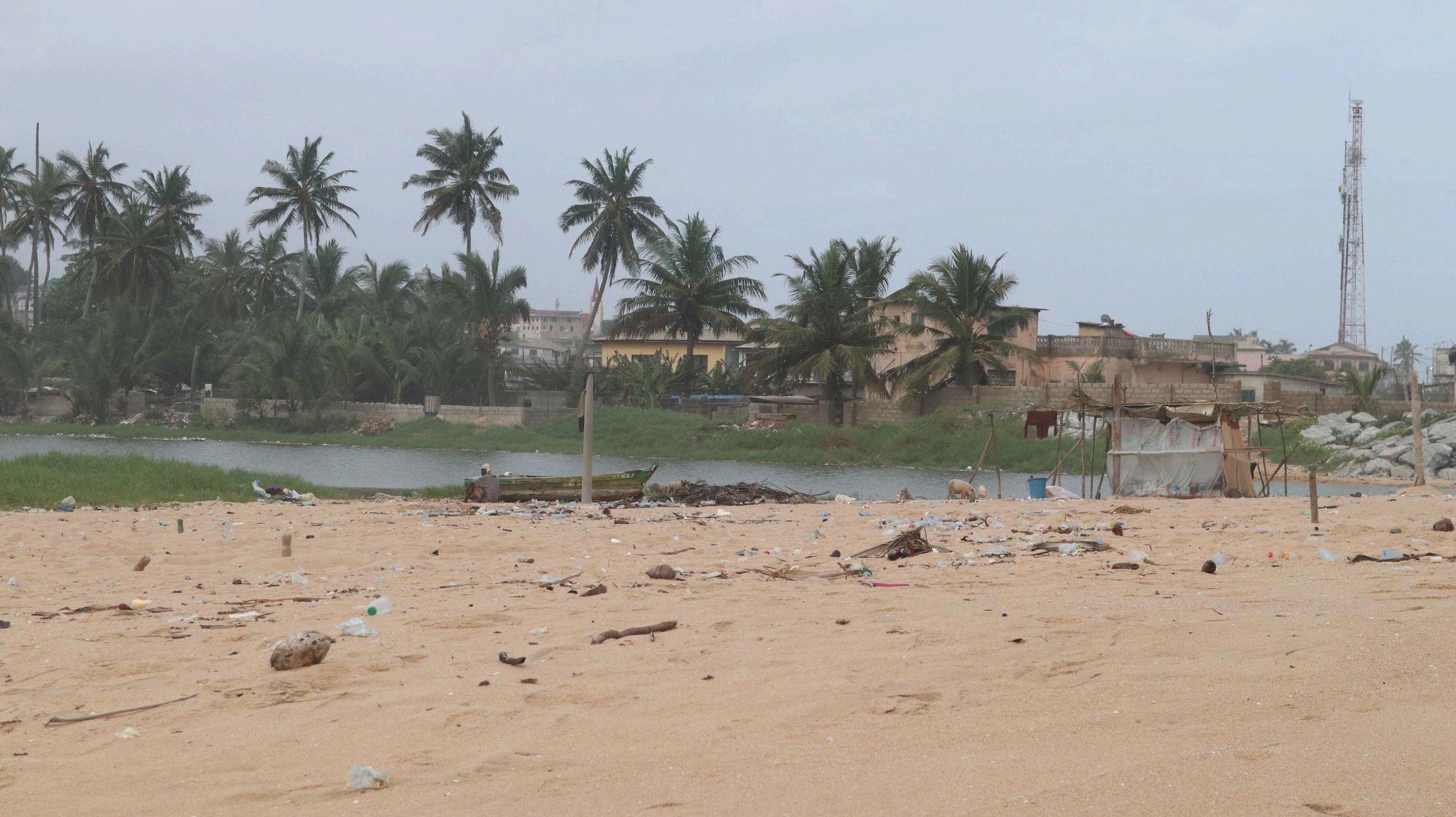
QES Field School in Ghana
In collaboration with University of Waterloo, Canada & University of Cape Coast, Ghana



TABLE OF CONTENTS
My name is Banujah Theivendrarajah, and through the Queen Elizabeth Scholars (QES) Field Course in Ghana I participated in a week of activities that explored how plastic waste affects coastal communities.
Based at the University of Cape Coast, this magazine outlines some plastic pollution drivers, sources, impacts, and solutions I’ve learned during thefield trips, lectures, discussions, and readingsfor Module 2.


DRIVERS AND SOURCES OF PLASTIC WASTE IN GHANA
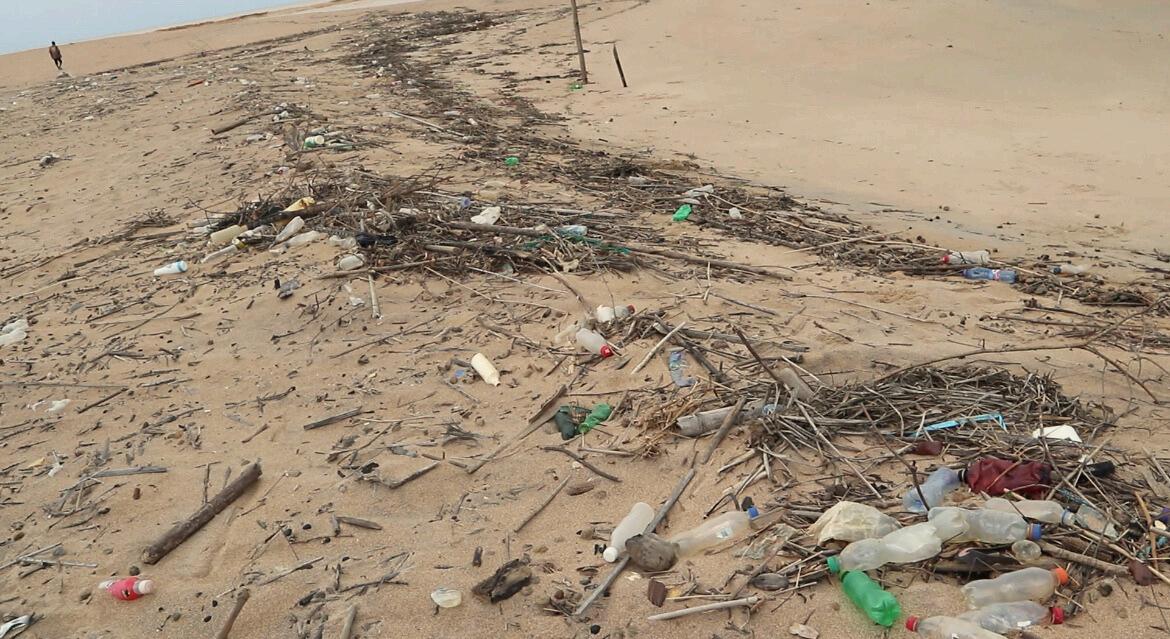
In our Monday lecture, Dr. Sika Abrokwah discussed the roots of plastic use in Ghana. She explained how plastic packaging became widespread during the1990s, promoted by neoliberal government policies and external corporations as the more “hygienic” and “convenient” way of living (Abrokwah, 2025).
This narrative pushed Ghana awayfrom reusable practices, such as banana wraps for food, glassesfor water, and reusable basketsfor shopping, towards a single-use plastic lifestyle that the country was not equipped to manage (Abrokwah, 2025).
“Waste Colonialism”
A term that reflects how low-value plasticfrom high-income countries is dumped into West African nations.These are low-quality plastics and are hard to recycle and profit from.
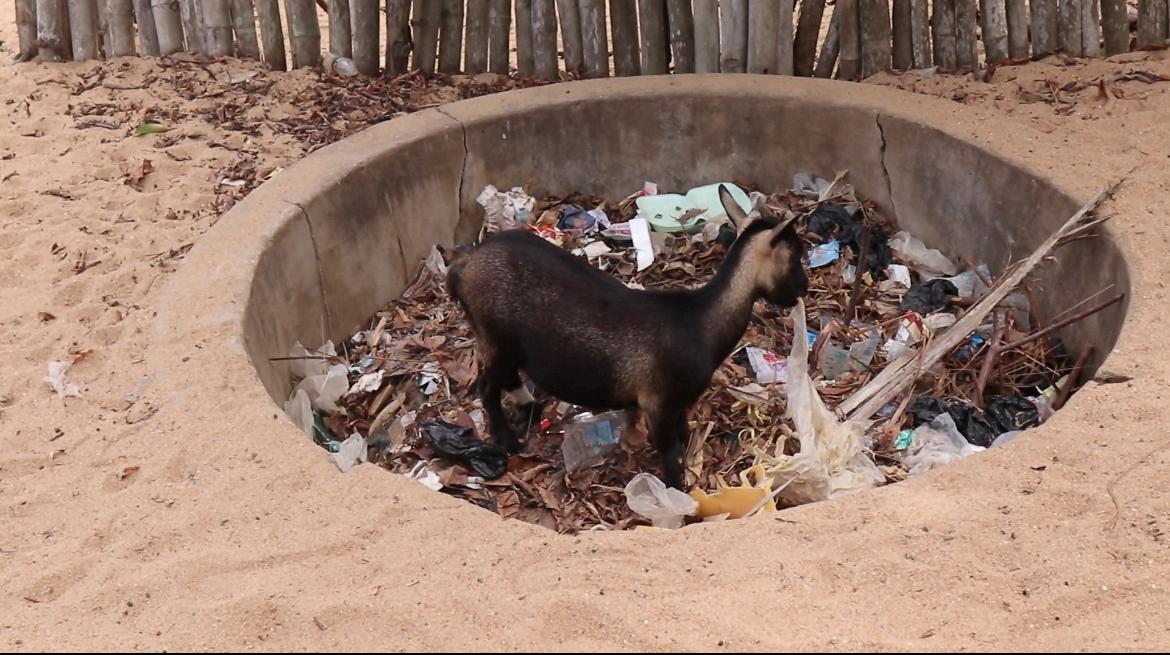
From my experience, I found it difficult to avoid plastic products or locate recycling drop-off areas. This speaks to larger systemic gaps in Ghana’s municipal waste management. Akuoko et al. (2023) connect this to the dominance of privately owned recycling systems.
This keeps international organizations rich as they can lobby to sustain plastic markets in Africa while the global demand declines due to new emerging climate policies in the global north (Akuoko et al., 2023).

PLASTIC WASTE CONSEQUENCES
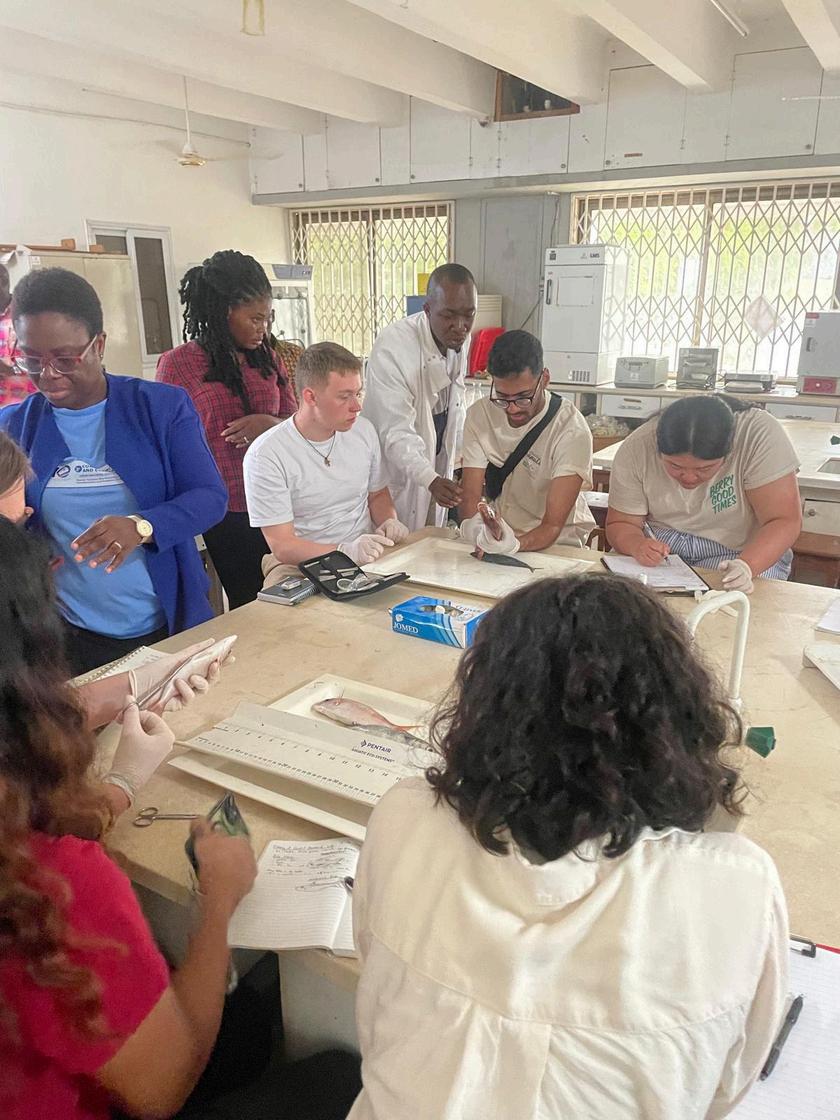
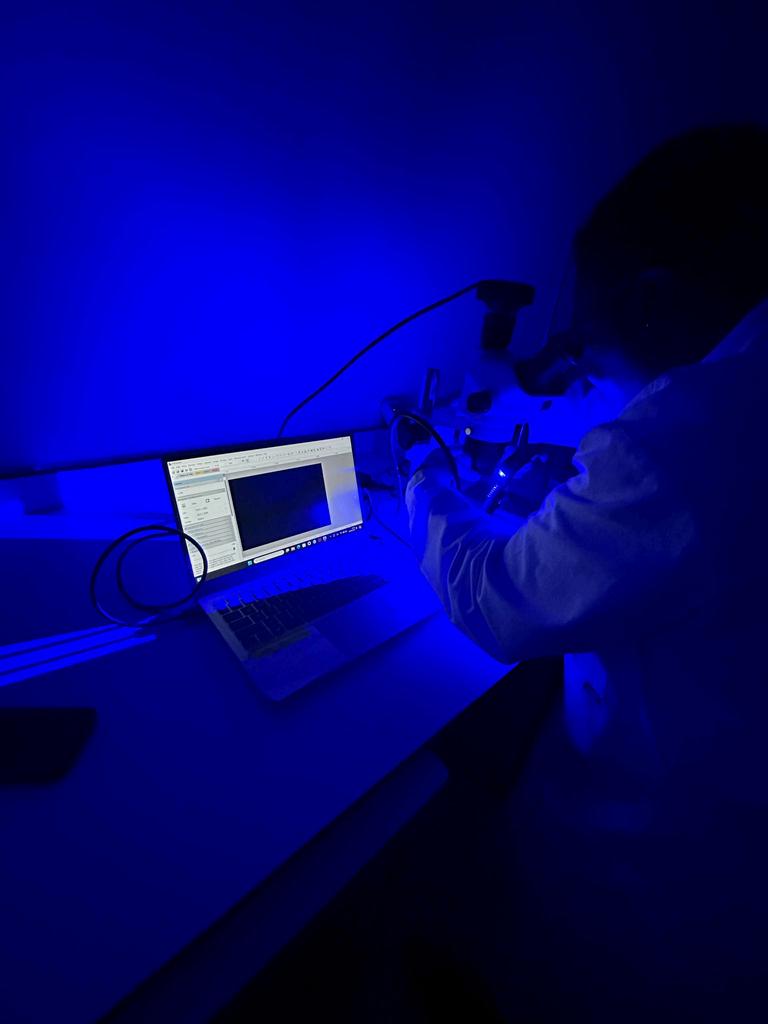
MICROPLASTICS IN FISH
We purchased fish from Elmina’sfish market to dissect their digestive tractsfor our lab experiment. At the UCC Centre of Coastal Management, we dried, filtered, and stained these gut samples with fluorescent dye to search for plastics under microscopes with ultraviolet light.

While thefish intestines werefree of plastics, the water used to rinse them and sediment from a nearby lagoon had evidence of a microfilament. This demonstrated that fish in contaminated water could be vectorsfor microplastics if eaten by humans.
ECOSYSTEM SHIFTS
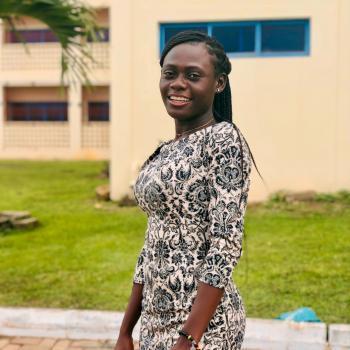
Ms. Gifty Wiredu, a master's student, shared her research on how marine litter affects macroinvertebrate communities along Ghana’s coast. She explained how bivalves and mussels, generally sessile organisms, are now clinging tofloating plastics and drifting to new areas on ocean currents.

This movement risks invasivespecies in new areas as well as disrupting local food chains by reducing prey availablefor fish. As a result, fish stocks may decline and contribute to reduced catchesfor fishing communities on the coast.

INTERDISCIPLINARY
PLASTIC WASTE CONSEQUENCES
POTENTIAL HEALTH IMPACTS
Later in the week, we watched a WaterTalk by Dr. Juliette Legler at Utrecht University, who explained how micro- and nanoplastics can pass through mammals. During pregnancy, the microplastics can reach the placenta, as well as thefetal brain, lungs, and liver. While her research is still in the early stages, this raises concerns about the long-term health effects of microplastics on humans in the early stages of development (Legler, 2023)
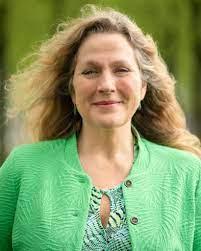
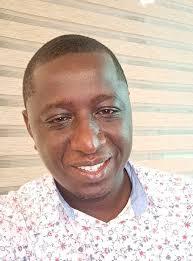

ECONOMIC LOSSESS
Dr. Issac Okyere , a Senior Lecturer at the Department of Fisheries and Aquatic Science at UCC emphasized how “thefishermen are complaining on the news that they are catching more plastic than fish,” resulting in lessfish yields and damaged nets. Women who depend on fish for a living nowface financial insecurity due to these impacts.

MY EXPERIENCE
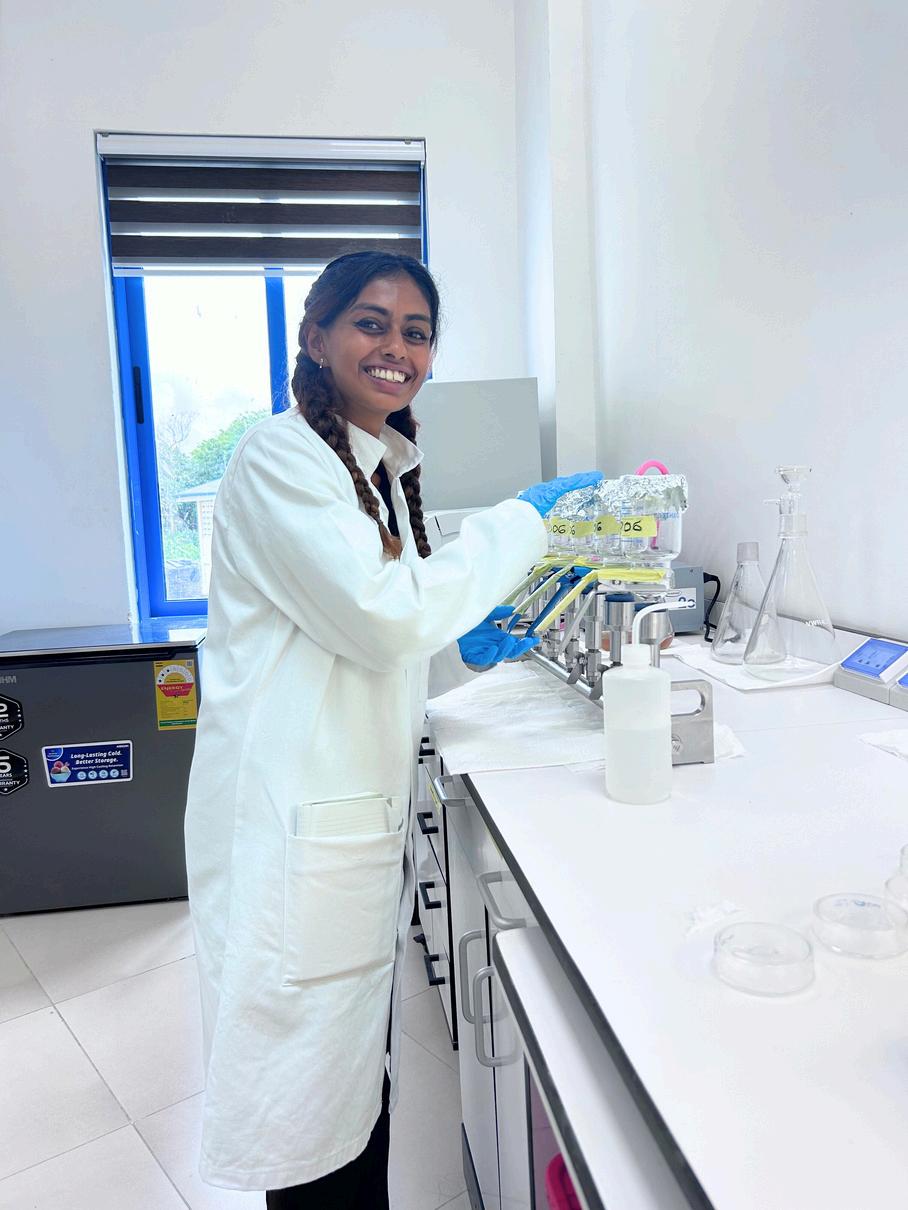
As an undergrad student in Ghana for two weeks now, I’ve seen plastics burned in landfills near our university, as well as coastal beaches littered with plastic waste by ocean waves and rainfall. Animals often scavenge landfills in search offood. The smoke and visible waste made it clear how closely these issues affect local communities in their everyday life and well-being.
RETHINKING WASTE & POLICY
INTERVENTION
INFORMAL RECYCLING
During our plastic innovation pitches on Friday, ourTA, Pascal, described the role of “scavengers” who collect plastic waste from landfills and communities to sell them to NGOsfor profit.
INNOVATION
I pitched a solution that turns plastic bottles intosolar-powered light bulbsfor rural homes.This helps addressenergy poverty and caterstocommunitiesthat need to rebuild often, likefishermen who are affected bycoastal erosion.
Entrepreneurs in Ghana also take the opportunity to upcycle plastic into bins, curtain rods, and chairsfor informal markets, creating profitfrom pollution (UNDPAccelerator Labs, 2021).
“WASTE IS WEALTH”
Highlights how some waste can be turned into an economic opportunity in marginalized communities. These projects need recognition and support to make them inclusive, safe, and scalable.
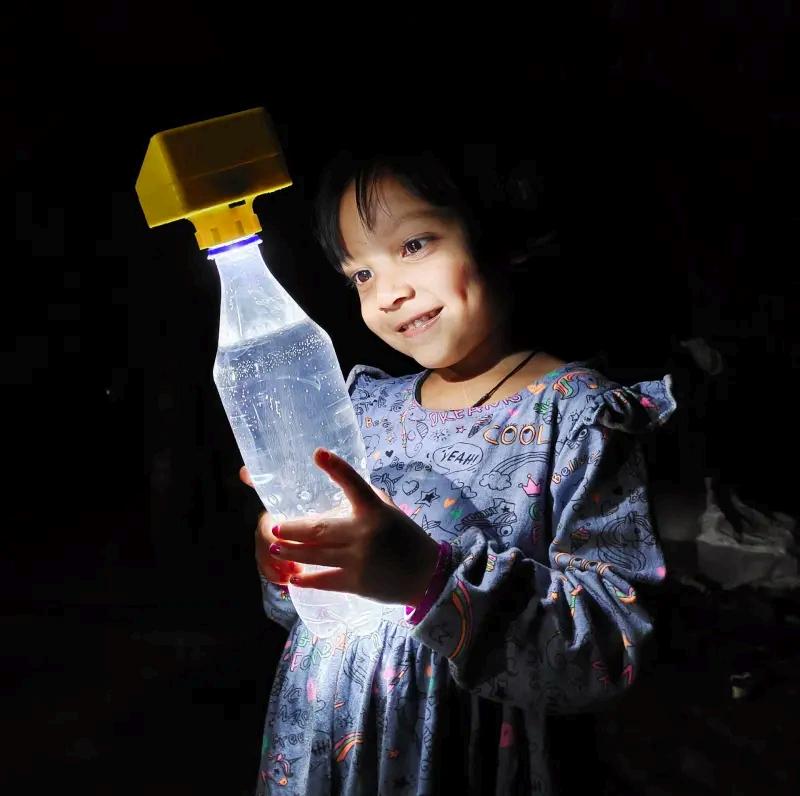
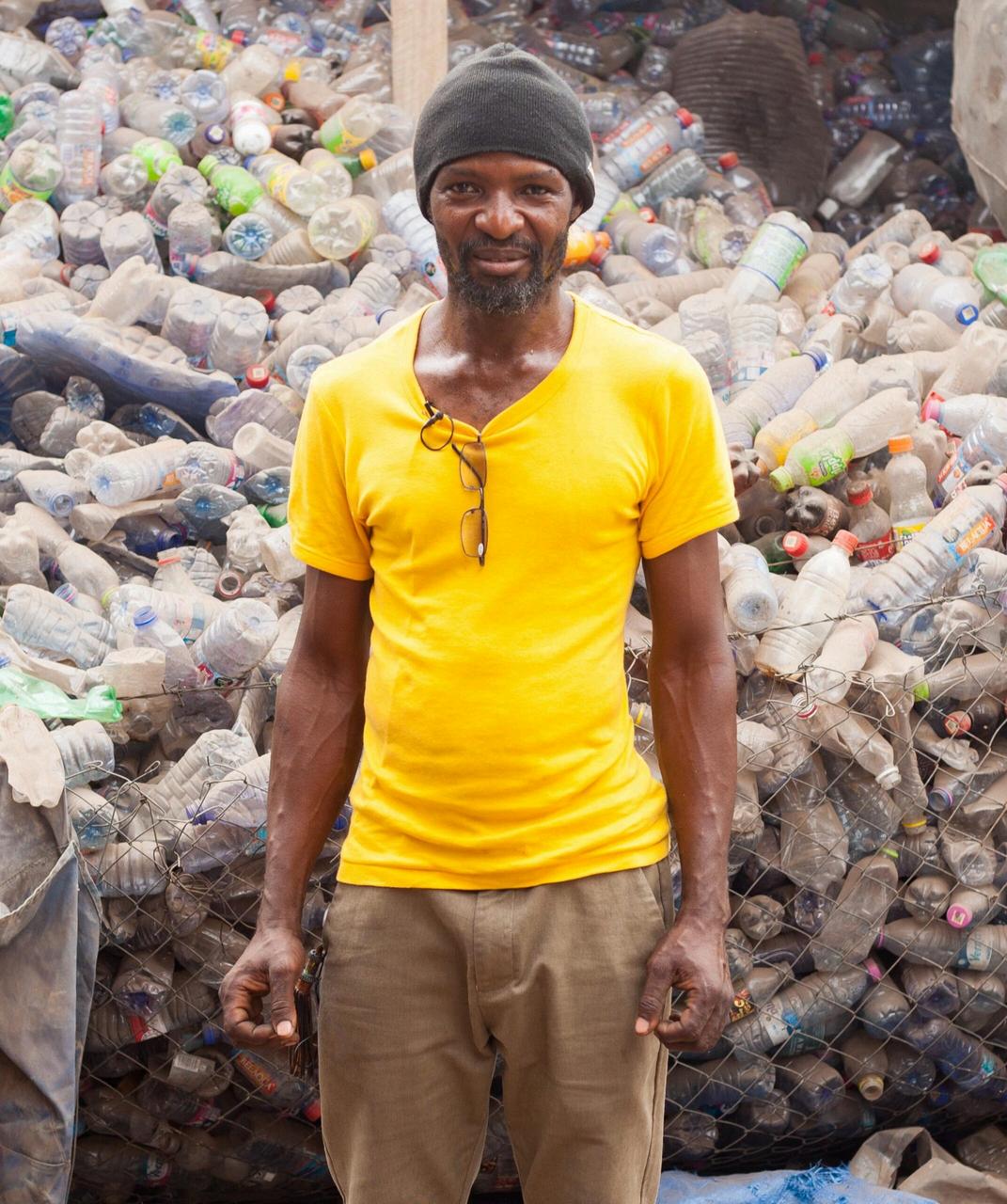
POLICY & GOVERNANCE
In her article, Ms. Ivy Akuoko argues that solving the plastic crisis goes beyond consumer education and behaviour. She advocatesfor policies that ban harmful plastic imports, provide government-led recycling infrastructure, and centre the voices of youth, women, and informal workers, as they are the most affected by plastic waste (Akuoko et al., 2023).

FINAL THOUGHTS
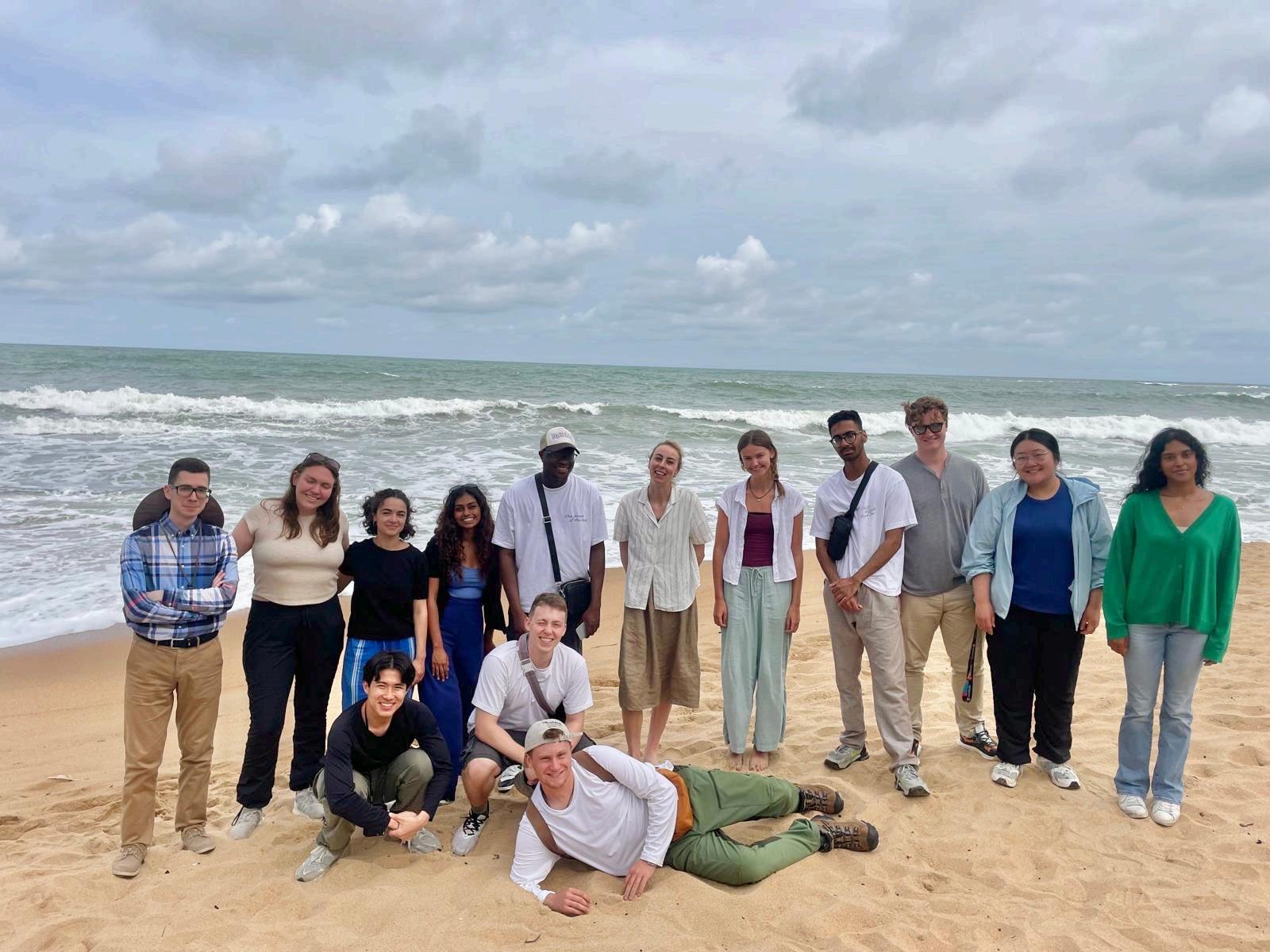

This week was valuable in putting a human perspective on a global environmental issue. Coming from a North American context, I realize how much we take municipal recycling systems for granted, now witnessing how life is when these systems are absent. Plastic is everywhere in Ghana: on beaches, roads, air, and water.

Real change needs to go beyond clean-ups and focus on uplifting informal recyclers, investing in community waste management systems, consulting local stakeholders, and banning harmful plastic imports. A cleaner future depends on long-term solutions.
REFERENCES CITED
Abrokwah, S. (2025, June 16). Introduction to plastic pollution [Lecture]. Centre for Coastal Management – Africa Centre of Excellence in Coastal Resilience (ACECoR), University of Cape Coast
Akuoko, I. S. G., Vandenberg, J., Falman, J. C., Otsuka, K., Lau, G. K., Skrobe, M , & Ota, Y (2023) Rethinking plastic realities in Ghana: A call for a well-being approach to understanding human-plastics entanglements for more equitable plastics governance. Marine Policy, 158, 105856.
Legler, J. (2023). Microplastics and Human Health: Moving the Field Forward. WaterTalk, Utrecht University.
UNDP Accelerator Labs (2021, May 6) Innovation Village | Solutions Mapping: Informal innovators in plastic recycling in Accra [Video]. YouTube. https://www.youtube.com/watch?v=ISbVF4 WsBQ
